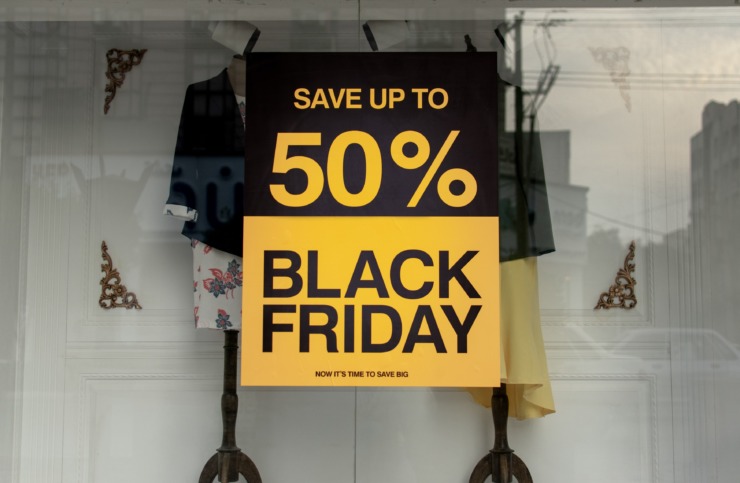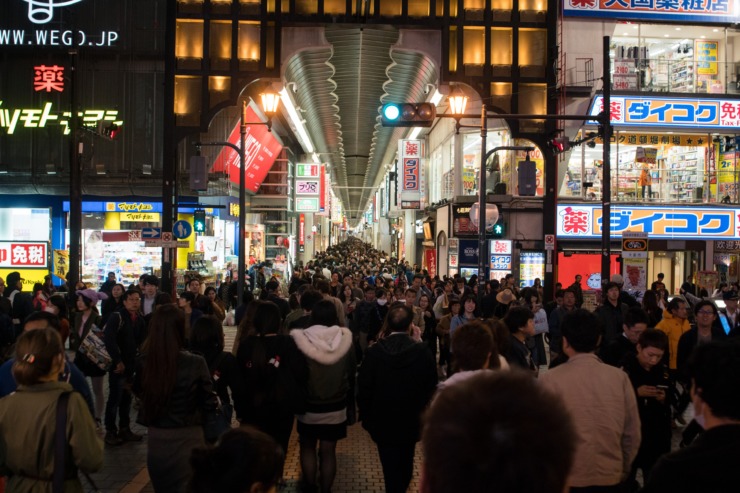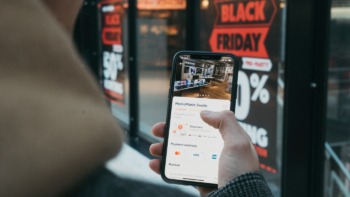Black Friday is the shopping tradition that took the world by storm. There are now versions of the popular shopping event in the UK, Mexico, Russia and Pakistan, to name just a few – which means that your Black Friday strategy needs to go global, too.
Arguably, shopping events are more likely to go global than any other day that you have earmarked for celebration. Religious and cultural holidays are usually tied to specific nations or groups, but in the world of retail, truly nothing is sacred.
This goes some way to explaining why on the last Friday of November, stores across the world drop their prices and prepare for an influx of online or offline traffic. Officially, 20 countries across the world now have Black Friday sales, and given the year-on-year rise in global retail and the normalization of international shipping, you could theoretically take part from anywhere in the world.

Which countries have Black Friday?
As of 2020, the UK, Canada and Australia all have Black Friday strategies in place, as well as Mexico, China, Japan, New Zealand, Russia, India and Pakistan. For the US, it has been the busiest shopping day of the year, repeatedly, since 2005. For the countries that have adopted Black Friday since then, sales have grown at the speed of light. In pre-COVID times, there were even reports of European shoppers flying into the US for the Thanksgiving weekend – purely to do their shopping.
As an event that stemmed directly from a very American holiday, why does Black Friday have such global appeal? China’s Singles Day outranks Black Friday in terms of sales every year, but far fewer people know about it on a global scale – despite the theme of singles treating themselves being more universal than Thanksgiving.
Not only is Black Friday a success in its own right – it also shapes success stories for brands across the world. Here are just a few of last years’ standout campaigns: UK | US
Black Friday owes a lot of its global success to timing. 160 countries around the world celebrate Christmas, so a major shopping event a month before the big day was destined to be a global hit. But Black Friday was also well-timed in that it kicked off just as the internet did. Its twin event, Cyber Monday, was first named in 2005. Fast forward to 2020, online shopping is normalized across the world – and Cyber Monday is bringing in over $6 billion.
Black Friday strategy: going global
But just because Cyber Week is well-known in a particular country doesn’t necessarily mean Gen Z are guaranteed to participate. In the UK, for example, where Cyber Weekend spend is higher than anywhere else in Europe, 72% Gen Zs take part. But in Australia – a fairly recent addition to the list of countries celebrating Black Friday – 85% of Gen Zs take part. It’s easier to get excited about a new addition to your country’s roster of shopping holidays and national sales. In countries with longer histories of running Black Friday sales, brands need to get creative with their Black Friday strategies.

Part of the challenge is getting to grips with the different shopping trends Gen Z will be embracing this Black Friday, such as dark social and ethical shopping. But it’s also a time to ask key questions about the challenges faced by students in specific countries. Are they approaching summer, or heading into winter? Will they spend Black Friday in lockdown, shopping online, or will they be able to head out to the shops? This year more than ever, Black Friday will be global – but that’s not to say that it will be universal.
Shape your Black Friday strategy with the Gen Z trends for your country. Download your relevant Cyber Week Brand Playbook today.














